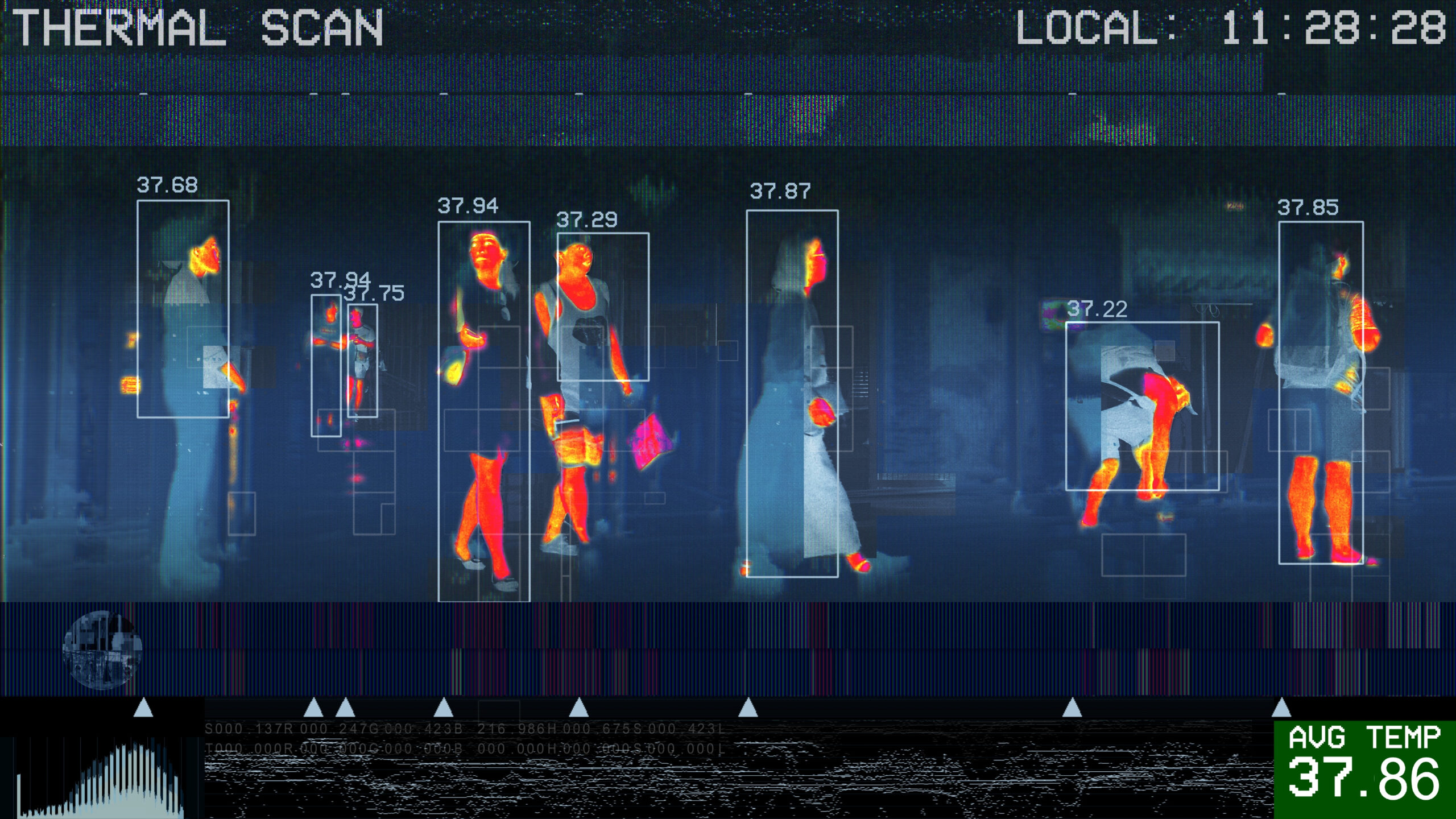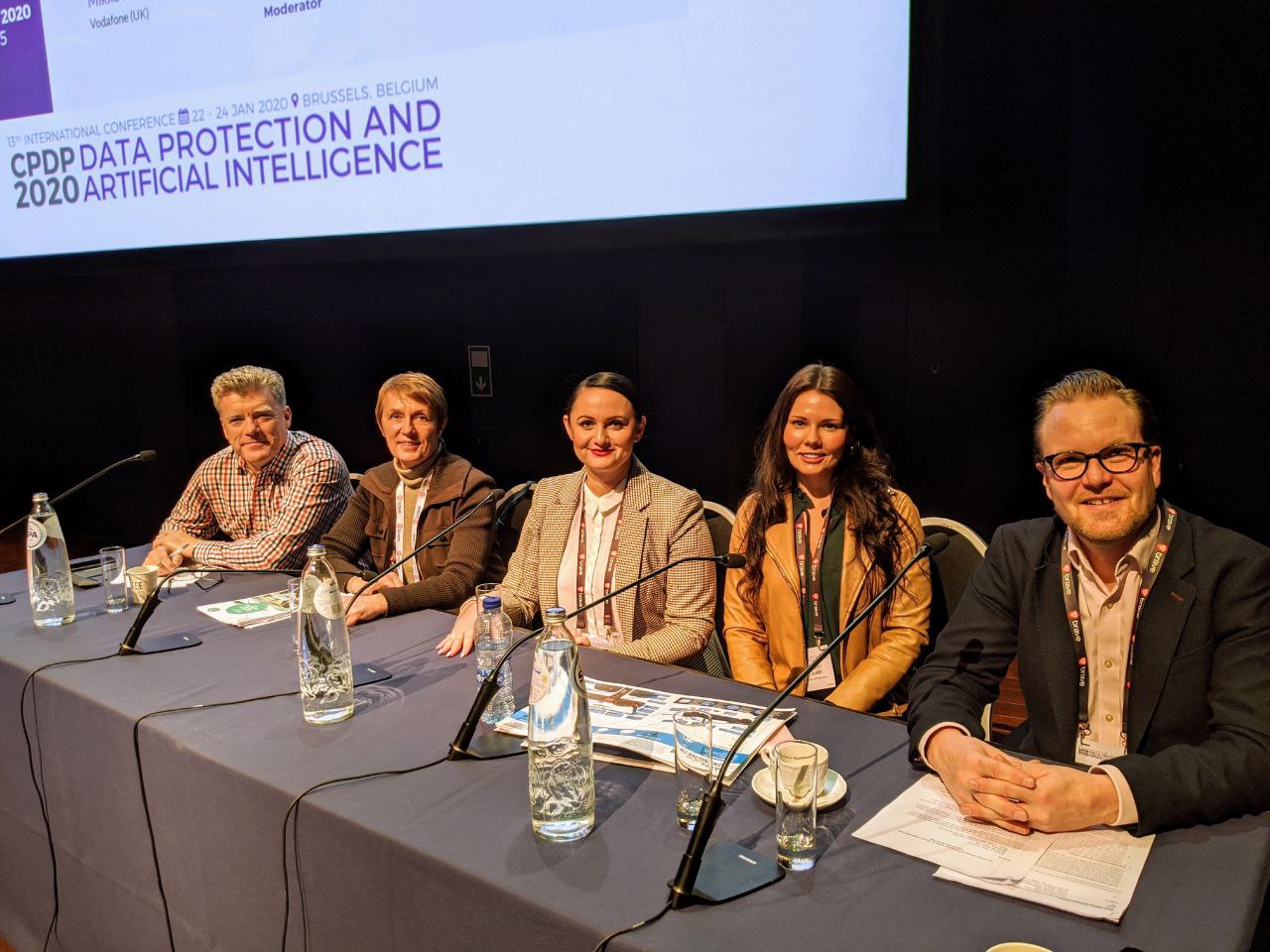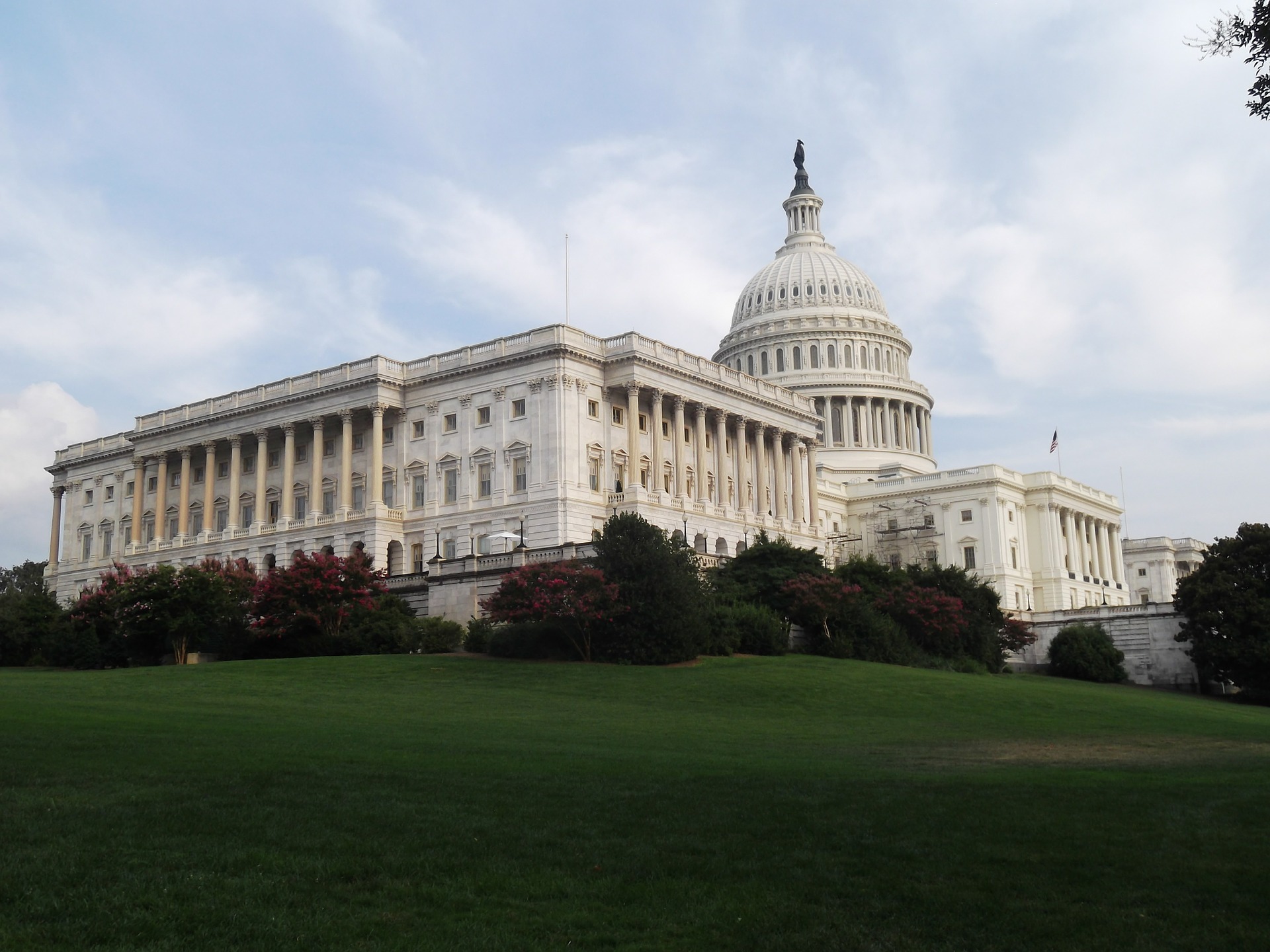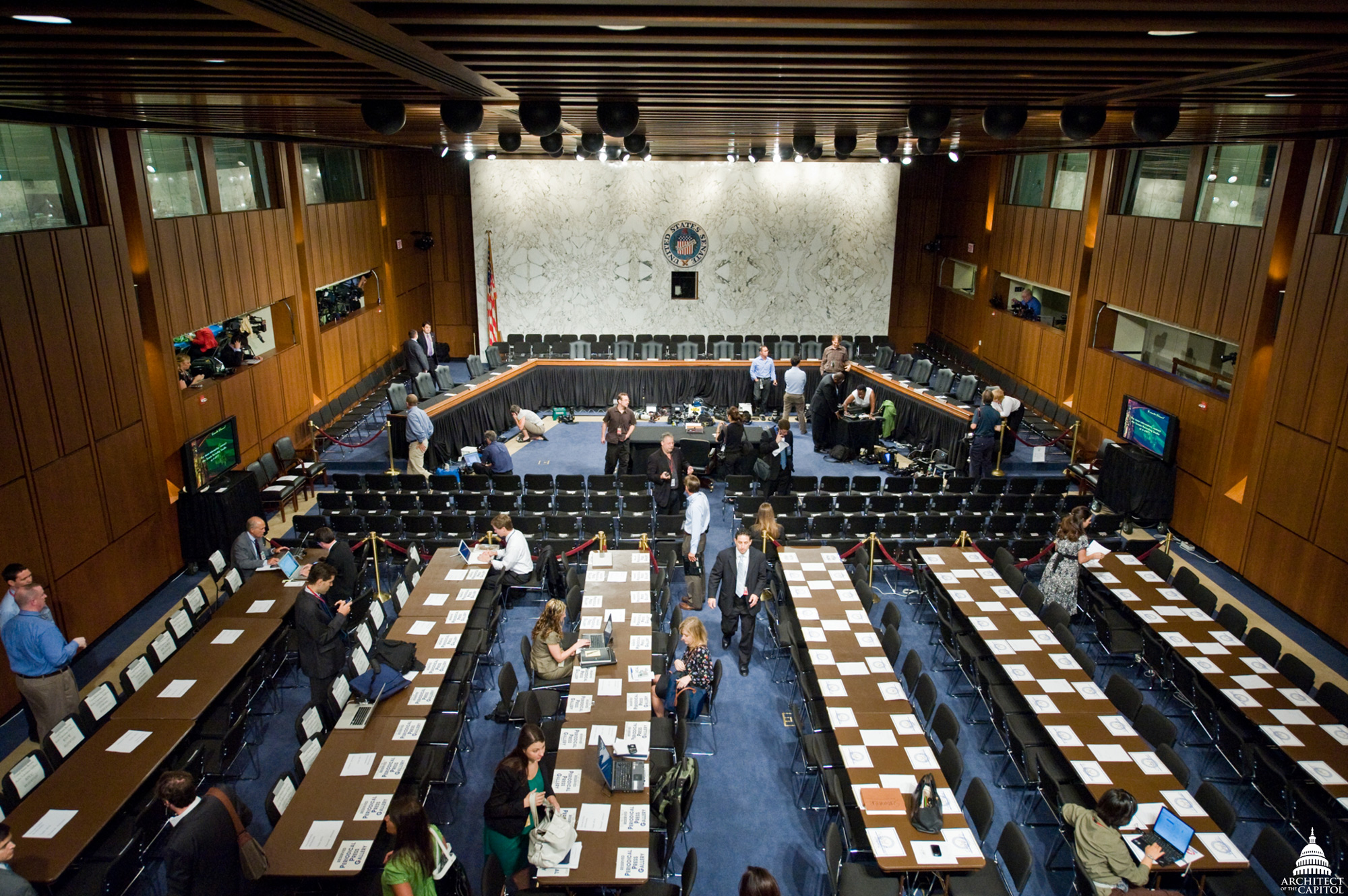Showing results for viiia20 xcept promised slovenia

California SB 980 Would Codify Many of FPF’s Best Practices for Consumer Genetic Testing Services, but Key Differences Remain
[…] strict standards for the use and sharing of genetic information generated in the consumer context. Companies that pledged to follow the guidelines, including Ancestry, 23andMe, and Helix promised to: provide safeguards for how genetic information is collected, used, shared, and retained; implement consent requirements for the initial collection and certain subsequent disclosures of genetic […]

Thermal Imaging as Pandemic Exit Strategy: Limitations, Use Cases and Privacy Implications
[…] claim to have sold thousands of units to US customers since the COVID-19 outbreak began. Thermal cameras are appealing as an exit strategy solution due to some promised advantages over handheld thermometers. They claim to detect the temperatures of many people at once, whereas handheld thermometers can only test one person at a time. […]

Bipartisan Privacy Bill Would Govern Exposure Notification Services
Authors: Stacey Gray, Senior Counsel; Katelyn Ringrose, Christopher Wolf Diversity Law Fellow; and Polly Sanderson, Policy Counsel Yesterday, Senators Cantwell (D-WA), Cassidy (R-LA), and Klobuchar (D-MN) introduced a new COVID-19 data protection bill, the Exposure Notification Privacy Act, which would create legal limits for “automated exposure notification services.” The bill comes on the heels of […]

Artificial Intelligence and the COVID-19 Pandemic
By Brenda Leong and Dr. Sara Jordan Machine learning-based technologies are playing a substantial role in the response to the COVID-19 pandemic. Experts are using machine learning to study the virus, test potential treatments, diagnose individuals, analyze the public health impacts, and more. Below, we describe some of the leading efforts and identify data protection […]

FPF and Privacy Analytics Identify “A Practical Path Toward Genetic Privacy”
Paper highlights de-identification standards, re-identification research, and emerging technical, contractual, and policy protections that can safeguard genetic data while supporting research. Genomic data is arguably the most personal of all personally identifiable information (“PII”). Techniques to de-identify genomic data to limit privacy and security risks to individuals–while that data is used for research and statistical […]

CPDP2020 Panel: The Future Is Now: Autonomous Vehicles, Trolley Problem(s) and How to Deal with Them
Last week, FPF brought together a panel of technology, legal, regulatory, and business voices to discuss “The Future is Now: Autonomous Vehicles, Trolley Problem(s) and How to Deal with Them” at the 13th annual Computers, Privacy, and Data Protection conference. The premise of the panel was that autonomous and highly automated vehicles are likely the […]

The Future Is Now: FPF at CPDP2020
Computers, Privacy and Data Protection (CPDP) Conference 2020 commences next week in Brussels, bringing together academics, data protection authorities, policymakers, data scientists, and civil society to network, exchange ideas, and talk over the latest trends. Check out the panels and events FPF will be participating in below. Algorithmic Regulation of Transportation Wednesday, January 22 at […]

Privacy Papers 2019
The winners of the 2019 Privacy Papers for Policymakers (PPPM) Award are: Antidiscriminatory Privacy by Ignacio N. Cofone, McGill University Faculty of Law Abstract Law often regulates the flow of information to prevent discrimination. It does so, for example, in Law often blocks sensitive personal information to prevent discrimination. It does so, however, without a […]

Closer than Apart: Comparing Senate Commerce Committee Bills
Together with Senator Cantwell (D-WA)’s bill, the Consumer Online Privacy Rights Act, Senator Wicker’s Discussion Draft represents a significant movement toward bipartisan negotiations in the Senate. But how do the two bills, one from leading Democrats, and one from the Republican Chairman, compare to each other? We find them to be closer together on most issues than they are apart: a promising sign for bipartisan negotiation.

